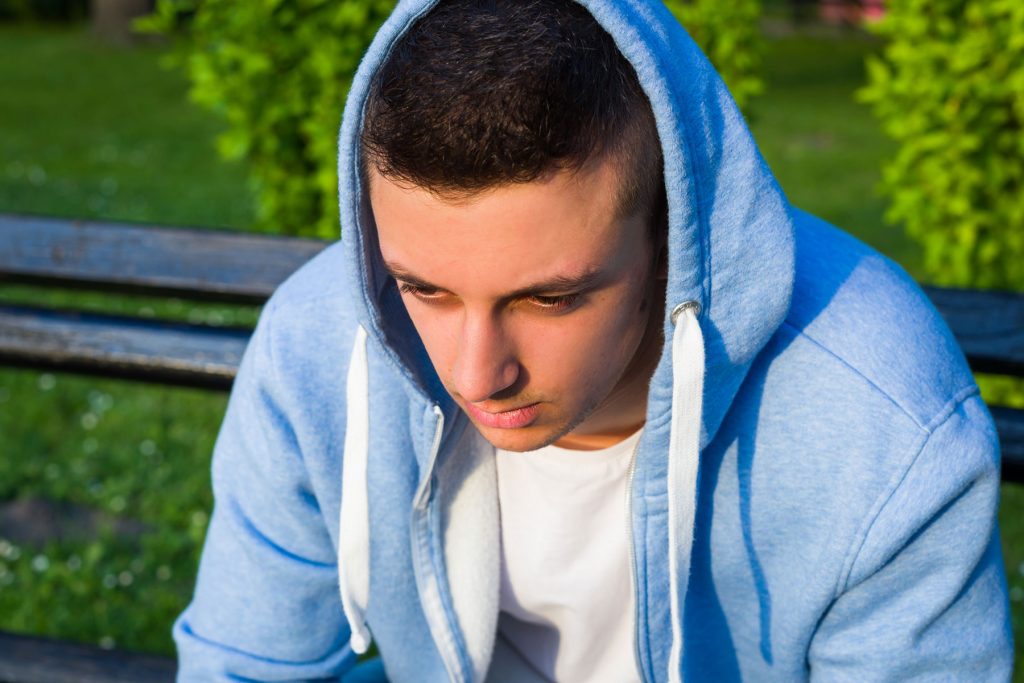Drinking and partying are all too common among teens. Experimenting and rebelling are normal for adolescents as they try to find their identity. The effects of underage drinking can be dangerous, though.
At Family First, we know that teens who are partying and drinking aren’t just doing it for attention. Deeper conversations about mental health, academic pressure, and family dynamics often reveal challenges many parents don’t know about. Our adolescent alcohol addiction treatment and other programs help teens explore their mental health and change their unhealthy behaviors. Call [Direct[ for more.
Effects of Underage Drinking
Teens who drink are at risk of short-term and long-term challenges with their physical, mental, and social health.
Physical Health Effects
Underage drinking has significant physical health impacts on adolescents. Alcohol consumption during these formative years can lead to:
- Liver damage – Repeated alcohol use can cause liver inflammation and long-term damage
- Weakened immune system – Alcohol interferes with the body’s immune response, making teens more susceptible to illnesses
- Disrupted brain development – The teenage brain is still developing, and alcohol can impair cognitive functions and emotional regulation.
Since their bodies are still developing, teens may also experience more severe effects from alcohol consumption, such as memory loss and blackouts.
Mental Health Effects
Alcohol use also places a heavy toll on mental health:
- Depression and anxiety – Teens who drink are more likely to suffer from depression and anxiety disorders
- Cognitive impairments – Alcohol abuse can lead to difficulties in memory, learning, and decision-making skills
- Emotional instability – Regular alcohol use can exacerbate mood swings and emotional distress
These mental health effects can create a vicious cycle where teens turn to alcohol as a coping mechanism, worsening their overall well-being.
Social Consequences
The social repercussions of underage drinking are profound:
- Strained relationships – Alcohol abuse often leads to conflicts with family members and friends, damaging essential support networks
- Negative influence – Teens who drink may fall into unhealthy social circles that reinforce harmful behaviors
- Social isolation – Over time, alcohol dependency can result in social withdrawal and isolation
Without the support of a strong social network, teens may struggle to overcome alcohol addiction.
Other Issues Can Also Arise
Since teens can’t legally buy or consume alcohol, underage drinking can lead to legal consequences. In addition to facing criminal charges, teens may also engage in risky behaviors, like drinking and driving or unprotected sex. These actions can have severe and long-lasting consequences on their lives, both physically and emotionally.
College applications, job opportunities, and personal relationships can also be affected by underage drinking. It’s crucial to address this issue promptly and effectively.
Compassionate Treatment Can Help
Addressing the root cause of addiction is essential to helping teens overcome their struggles with alcohol. At Family First, we understand that there are often underlying issues that contribute to underage drinking, such as mental health challenges and family dynamics.
Our adolescent alcohol addiction treatment program takes a compassionate approach to helping teens explore their thoughts and feelings. Through therapy, education, and support from trained professionals, adolescents can learn healthy coping mechanisms and make positive changes in their lives.
Call Family First Today
The root of alcohol addiction in teens often goes beyond just wanting to have fun or fit in with peers. It’s often the result of deeper issues that need to be addressed. Our team at Family First is dedicated to helping teens overcome their struggles with alcohol and reach their full potential.
Don’t wait until it’s too late—if you suspect your teen may be struggling with alcohol abuse or addiction, reach out to us at 888.904.5947 or online. We’re here to help them find the path toward a happier and healthier future.

